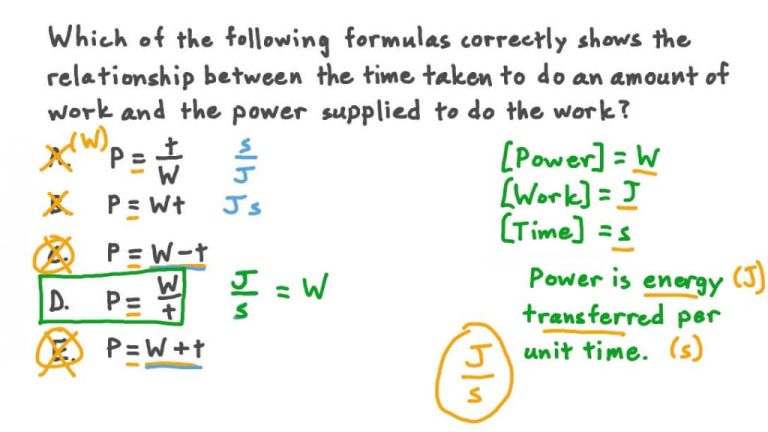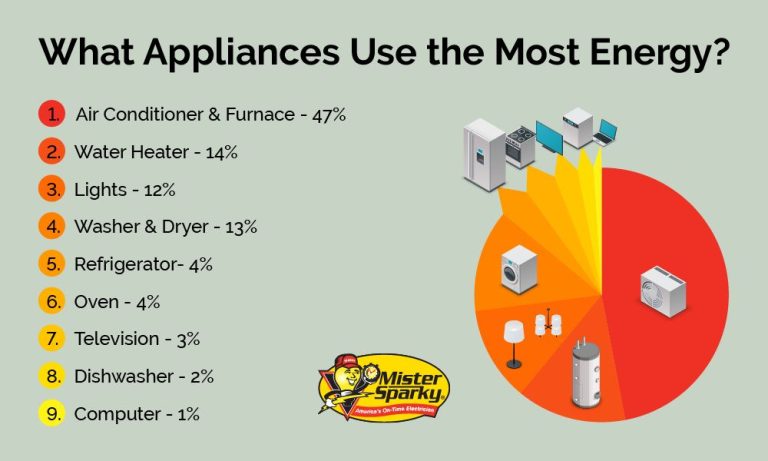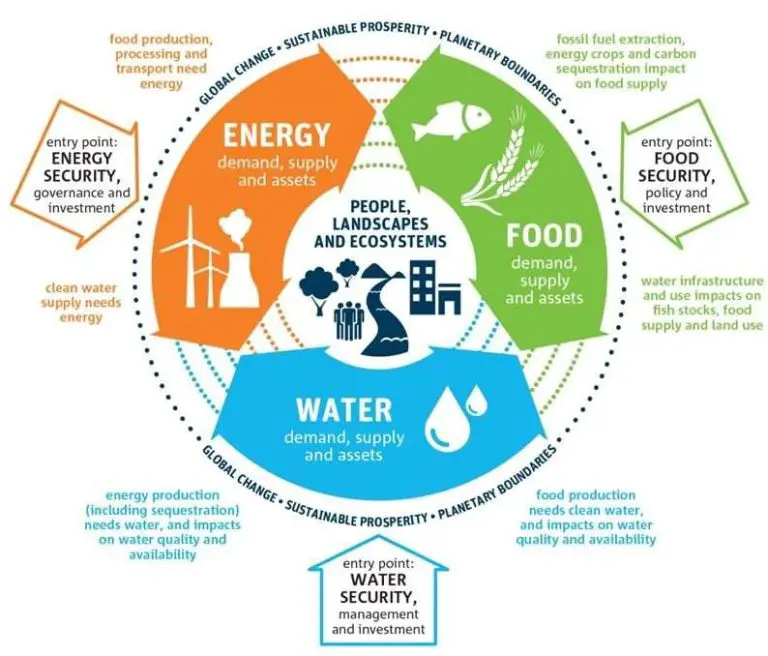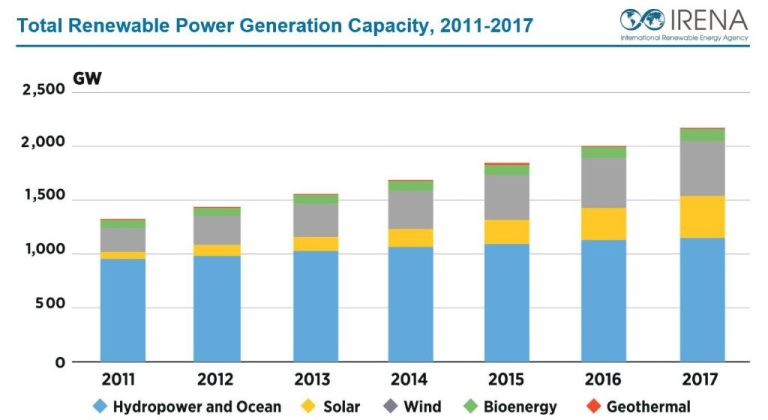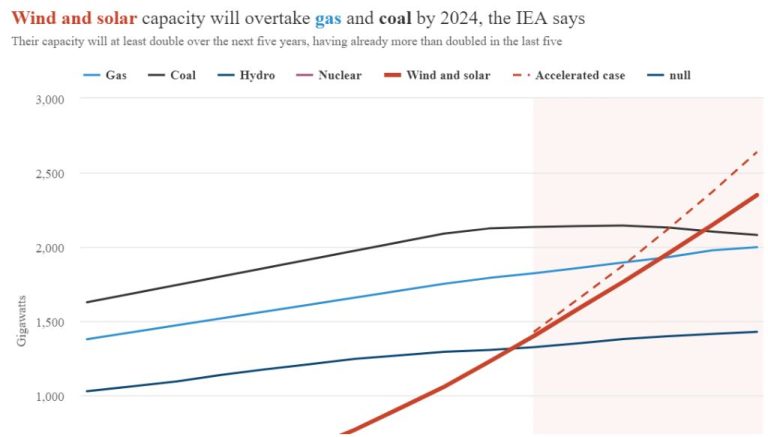Which Energy Is Cheapest Gas Or Electric?
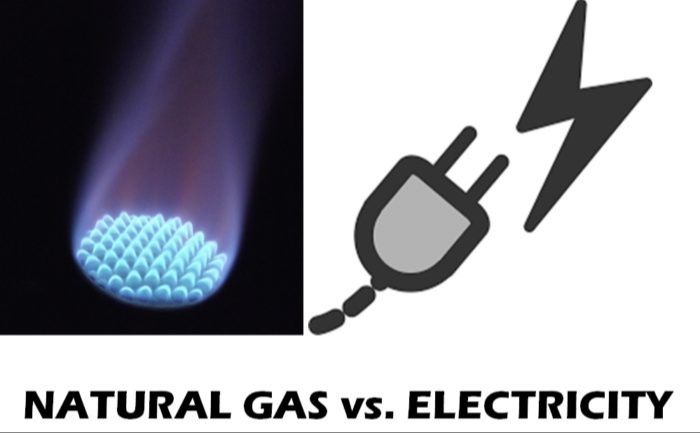
Comparing the costs of gas and electric energy is an important consideration for homeowners and businesses. With energy prices constantly fluctuating, it’s valuable to understand which fuel source is most cost-effective over time. Knowing whether gas or electric is cheaper can inform appliance purchasing decisions, home construction plans, and choices around heating, cooling, cooking, and more. This analysis aims to provide a thorough comparison of gas versus electric costs, weighing upfront expenses, operating costs, efficiency, maintenance, safety, environmental impact, convenience, and availability. With many factors to consider, it’s not always straightforward to determine the cheapest energy. The goal is to examine all relevant elements in detail to make the best-informed choice between gas and electric.
Upfront Costs
When it comes to upfront costs, gas appliances generally cost more than electric appliances. According to Inspire Clean Energy, gas stoves can cost $300-500 more than electric stoves, while gas water heaters cost about $200-300 more than electric water heaters on average (source). Gas furnaces also tend to cost $500-1000 more compared to electric furnaces.
There are a couple reasons for the higher upfront costs of gas appliances:
- Gas appliances require gas lines to be run to the unit, increasing installation costs.
- Gas appliances need venting infrastructure which adds expense.
- The appliances themselves tend to be built more ruggedly to contain the gas combustion.
So while gas appliances generally save money in the long run with lower operating costs, the initial purchase and installation results in higher upfront expenses compared to electric.
Operating Costs
When comparing the ongoing costs of using gas versus electric, energy rates are a key factor. According to the U.S. Energy Information Administration, the average cost for electricity in the U.S. is about 10 cents per kWh, while the average residential rate is about 11.7 cents per kWh. Meanwhile, the average price of natural gas for residential customers is $9.63 per thousand cubic feet (Mcf), which equals about $0.96 per therm or $0.096 per kWh equivalent.
Based on national average rates, electricity costs about 10.4 cents per kWh compared to 9.6 cents per kWh equivalent for natural gas. This means natural gas tends to be slightly cheaper for ongoing energy costs. However, energy rates can vary significantly by state and region. Some states like Louisiana and Oklahoma have very low natural gas rates, while states like Hawaii and Alaska tend to have higher electricity rates.
When examining your local energy costs, be sure to look at the kWh rate for electricity vs the therm or Mcf rate for natural gas. This allows an apples-to-apples comparison of the two energy sources based on equivalent energy units.
Efficiency
Efficiency is an important factor when comparing gas and electric appliances because it directly impacts operating costs. Generally, gas appliances tend to be more energy efficient than electric appliances (https://www.inspirecleanenergy.com/blog/sustainable-living/gas-vs-electric-appliances). This greater efficiency means gas appliances use less energy to perform the same tasks as electric appliances. For example, gas water heaters have efficiency ratings around 65-80%, whereas electric water heaters range from 90-98% (https://www.inspirecleanenergy.com/blog/sustainable-living/gas-vs-electric-appliances).
The higher efficiency of gas appliances translates into lower energy bills over time. You’ll get more hot water out of a gas water heater per BTU of gas consumed compared to an electric water heater. Gas stoves and ovens also waste less heat during cooking tasks than their electric counterparts. While the upfront cost of gas appliances may be higher, the greater energy efficiency pays off over years of use through lower operating expenses. When comparing gas versus electric, efficiency plays a key role in determining long-term costs.
Maintenance
When it comes to maintenance costs, gas appliances tend to be more expensive than electric appliances. Gas appliances require regular maintenance like cleaning, inspecting gas lines, testing for leaks, and tuning up the unit. This maintenance is critical for safety and efficiency but can cost $80-150 per appliance annually. Electric appliances have fewer maintenance requirements, limited to replacing filters or cleaning units. This puts annual maintenance for electric around $20-50 per appliance (source).
One key maintenance difference is that gas appliances need their gas lines inspected every year or two, which can cost $80-150 each time. Electric appliances don’t require this type of specialized maintenance. The maintenance costs add up over time, making the lifetime maintenance costs of gas appliances considerably higher than electric.
Safety
When it comes to safety, both gas and electric appliances come with risks that require precautions. According to Consumer Affairs, gas appliances can leak and explode, producing dangerous carbon monoxide. It’s critical to install a carbon monoxide detector and have gas appliances routinely inspected and serviced. Electric appliances also pose risks, like shocks, burns, and fires. It’s important to have proper wiring with adequate circuit capacity and use appliances as intended. Ultimately, both gas and electric appliances can be safe if properly installed and maintained. But gas does require vigilant monitoring for leaks.
As the Inspire Clean Energy article discusses, gas appliances are generally seen as more dangerous than electric due to the risk of gas leaks, fires, and carbon monoxide poisoning. Proper ventilation is critical for gas appliances. Electric shocks are the main risk with electric appliances. Overall, both can be safe options with proper precautions, but gas may require more vigilance.
Environmental Impact
When analyzing the environmental impact of natural gas vs. electricity, the key factor to consider is the carbon footprint. Burning natural gas releases carbon dioxide and methane, both potent greenhouse gases that contribute to climate change. According to a report by Environment Victoria, burning natural gas in a typical Melbourne home emits over 6 tonnes of CO2 equivalent emissions per year, while using a high-efficiency electric reverse cycle air conditioner for heating emits under 1 tonne per year (Environment Victoria, 2023).
Specifically, the report found that gas heating emits over 6 times more emissions than efficient electric heating in Melbourne (Environment Victoria, 2023). This makes natural gas substantially worse for the environment and climate change compared to electricity, at least when sourced from Victoria’s grid which has a large share of renewable energy. As electricity grids worldwide transition to clean energy like solar and wind, this emissions advantage will grow further.
In conclusion, natural gas has a much larger carbon footprint due to the direct emissions from burning the gas. Electric systems powered by renewable energy will have minimal emissions. Citing the Environment Victoria report directly: “Efficient electric heating powered by a clean grid offers the clearest pathway to zero emission homes” (Environment Victoria, 2023).
Source:
Environment Victoria. (2023). Gas sector emissions and Victoria’s new 2035 climate targets
Convenience
When it comes to convenience, both gas and electric appliances have their pros and cons. Electric appliances offer the convenience of being able to plug in anywhere there is an outlet. There is no need to run gas lines or have a fuel source delivered and stored on site. However, gas appliances do not depend on having consistent electrical power – if the electricity goes out, gas appliances like stoves and ovens will still function. This makes gas a good choice for redundancy and reliability.
One consideration around convenience is that electrical work and upgrades tend to be simpler and cheaper than plumbing work for gas line installation or upgrades. So electric appliances may have a convenience edge when it comes to initial setup and installation. Gas line leaks also require specialized skills to detect and repair.
For cooking, some find gas stoves and ranges more convenient because the heat output can be more immediately controlled compared to electric coils. But modern induction electric ranges have closed that gap considerably through immediate and precise control. When it comes to laundry, gas and electric dryers offer similar convenience.
Overall, for most homeowners the convenience factor between gas and electric appliances is fairly balanced. Those relying on consistent appliance operation even during power outages may find gas offers more convenience. But electric appliances can often be plugged in anywhere and avoid the need for gas line work.
Availability
The availability of gas and electric varies greatly by region and country. According to the U.S. Energy Information Administration, 47% of U.S. households rely on natural gas as their main heating fuel, compared to 36% who rely on electricity. Availability depends on existing infrastructure and resources in a given area.
Globally, access to electricity varies significantly. According to Our World in Data, in 2019 approximately 90% of the population had access to electricity worldwide, up from 83% in 2010. However, some developing regions still lack sufficient infrastructure. Sub-Saharan Africa has the lowest electrification rate at just 43% as of 2019. Expanding access to reliable electricity is crucial for development.
So while natural gas may be more prevalent in some countries like the U.S., electricity is becoming more widely available globally through investment and infrastructure improvements. When considering gas vs. electric, it’s important to analyze what energy sources are realistically available based on your location and existing utility access.
Conclusion
In summary, determining whether gas or electric is cheaper depends on several factors. The upfront costs of gas appliances and installing gas lines tend to be higher than electric. However, gas often has lower operating costs, as the fuel itself remains cheaper per BTU than electricity. Gas appliances also tend to be more energy efficient. That said, electricity has the benefit of no direct emissions within the home, lower maintenance requirements, and widespread availability. Ultimately, gas may have a slight edge in terms of cost, but many find the cleanliness and convenience of electricity worthwhile despite the moderately higher operating expenses. When deciding between gas and electric, it is best to consider your specific needs and preferences regarding budget, efficiency, environmental impact, and ease of use.

